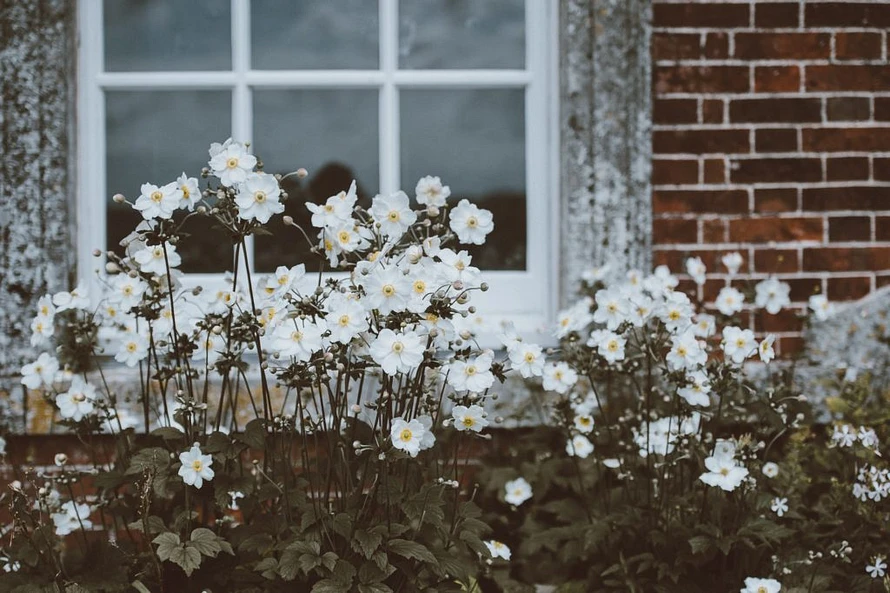Hello, welcome, and thank you for being here.
Whether you are dropping by or staying to join the community, please check out my featured posts on what is a flourishing commons and my learning philosophy on being human. I hope you will find resonance in collective healing, (re-)learning what it means to be human, and sharing beauty. If you have a beautiful experience of your own to share, please consider joining the community for free and leaving the story to inspire others!
If you are a member, check out the digital downloads that I'm offering to the community. They are tagged and can be found directly in the corresponding posts for the level of membership. Otherwise, this feed will consist of quick updates of my artwork, writing, and advocacy work. If you are interested in exploring a larger collection of my scholarly and creative work, please visit my personal website.
With love,
Van Thi




